Table of Contents:
- Navigating the Financial Aspects of Dental Crown Procedures
- Understanding Dental Crowns: Definition and Purpose
- Factors Influencing the High Cost of Dental Crowns
- Analyzing the Factors Affecting Dental Crown Pricing
- The Downsides of Opting for Low-Cost Dental Crowns
- Insurance Partially Mitigates Dental Crown Costs
- Comparing Dental Crown Costs With and Without Insurance
- Navigating Dental Insurance Policies for Crown Coverage
- Frequently Asked Questions:
- What are the most common materials used for dental crowns?
- Does dental insurance typically cover the cost of dental crowns?
- How much can I expect to pay for a dental crown without insurance?
- Are there any payment plans available for dental crown procedures?
- How do I know if a dental crown is medically necessary or just cosmetic?
When it comes to dental procedures, understanding the cost implications is crucial, especially for significant treatments like dental crowns. In our comprehensive blog post titled "Understanding the Price of Dental Crowns: With or Without Insurance," we explore the multiple factors affecting dental crown costs. We provide valuable insights into how these expenses can fluctuate significantly based on your dental insurance coverage.
We discuss the types of materials used for crowns, the role of dental insurance in offsetting these costs, and the additional expenses that may be incurred during the process. This post also explores the importance of weighing the long-term value of high-quality crowns against their initial cost, providing a comprehensive view that helps you make an informed decision.
Whether you're navigating through insurance policies or considering the procedure without insurance, this guide aims to equip you with the necessary information to understand and manage the financial aspects of getting a dental crown.
Navigating the Financial Aspects of Dental Crown Procedures
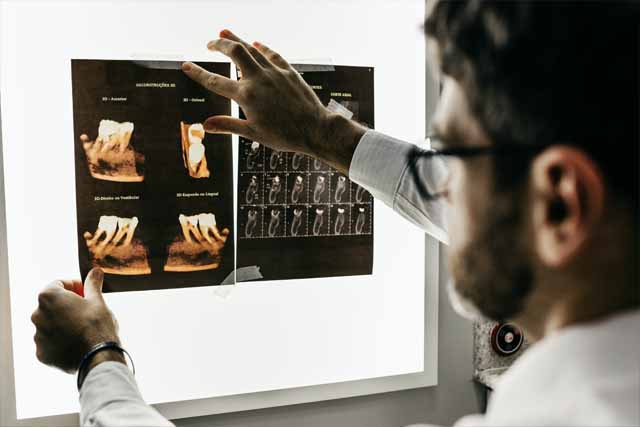
As we delve further into the topic, it becomes clear that the decision to get a dental crown involves more than just addressing a dental issue; it's also a financial decision that requires careful consideration. The purpose of this blog post is to illuminate the various factors that play a role in determining the price of dental crowns, assisting you in navigating these factors effortlessly.
Firstly, we examine the different materials used for dental crowns, such as porcelain, ceramic, metal, and gold, and how each material affects the overall cost. The selection of material not only influences the crown's strength and appearance but also plays a crucial part in determining the cost-effectiveness of the treatment.
Next, we discuss the role of dental insurance in covering the costs of dental crowns. It's important to understand what your dental insurance plan covers, as not all plans provide the same level of coverage for dental crowns. We explore common insurance terms, such as deductibles, co-pays, and maximum annual limits, and how these factors influence the out-of-pocket costs for a dental crown.
Additionally, for those without dental insurance, we look into alternative payment options and potential discounts offered by dental clinics. Understanding these options can be crucial in managing the expenses associated with dental crowns.
Dental crowns: "A protective shield for your smile."
Moreover, we consider the long-term implications of choosing a particular type of crown. While some options seem cost-effective initially, they may not offer the same longevity and quality as more expensive alternatives. We emphasize the importance of considering the long-term benefits and potential future savings of choosing a high-quality crown.
Additionally, this blog post incorporates input from dental experts and individuals who have experienced the procedure, offering a comprehensive viewpoint on the topic. By the end of this post, you will have a clearer understanding of the costs associated with dental crowns, both with and without insurance, and be better equipped to make an informed decision about your dental health.
Understanding Dental Crowns: Definition and Purpose
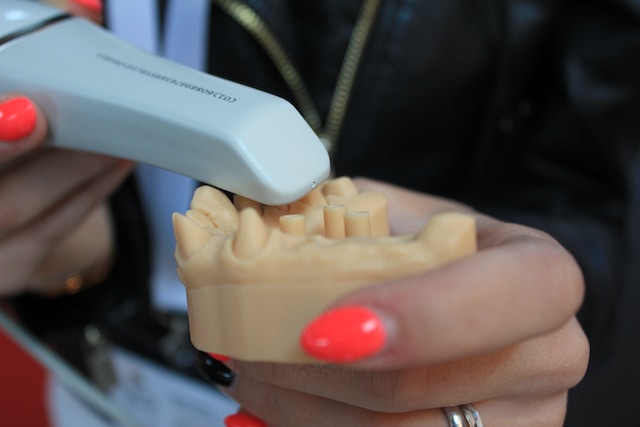
A dental crown, also known as a cap, is a prosthetic device that covers a tooth or a part of it to replicate the shape of the original tooth and maintain oral health. Crowns are commonly used in various dental procedures, such as after a root canal, tooth extraction, or while installing a dental bridge to reinforce the tooth or the area of a missing tooth.
Dental crowns, which can be crafted from various materials, serve multiple purposes, each with its advantages and disadvantages. An important aspect to consider when choosing a dental crown, alongside your dentist's advice, is the cost involved.
Factors Influencing the High Cost of Dental Crowns

The high cost of dental crowns is influenced by a variety of factors, making each case unique. Firstly, the cost of living in your area plays a significant role, as prices tend to align with local economic conditions. The specific characteristics of the tooth in question, such as its shape, size, and location, also contribute to the cost, as these factors determine the complexity of the procedure. The material chosen for the crown is another crucial determinant, with options ranging from metal alloys to porcelain, each varying in durability, appearance, and price.
Additionally, the skill and artistry of the technician crafting the crown can influence the cost, as more experienced professionals may charge a premium for their expertise. Preparatory dental procedures necessary for crown placement, like root canals or tooth reshaping, add to the overall expense. Finally, the dentist's experience and skill level play a part, with more reputed and skilled practitioners often commanding higher fees. All these factors combined explain why the cost of dental crowns can vary so significantly.
Understanding the Variable Pricing of Dental Crowns
The cost of dental crowns can significantly vary due to several factors:
- Local Cost of Living: Prices may be influenced by the general cost of living in your area.
- Tooth Specifics: The cost can depend on the shape, size, and location of the tooth that needs a crown.
- Crown Material: Different materials used for crowns come with varying prices.
- Craftsmanship Quality: The skill level of the technician crafting the crown is a factor.
- Preparatory Procedures: Any additional dental work required before placing the crown affects the overall cost.
- Dentist's Expertise: The experience and skill level of your dentist play a role in pricing.
The Process of Receiving a Dental Crown
The process of obtaining a dental crown consists of two distinct appointments:
Initial Diagnosis and Planning: The first visit involves diagnosing the affected tooth and formulating a treatment plan. The dentist assesses the tooth's structure for crown support and might start reshaping the tooth for crown installation.
Handling Severely Damaged Teeth: If the tooth is too damaged, it may need removal. In such cases, a dental implant is required in a subsequent visit, providing a base for the crown. The timeline for implantation varies depending on individual circumstances.
Impression and Fabrication: The dentist takes an impression of your tooth for the crown sculptor to design it to fit your mouth accurately.
Crown Installation: During the second visit, the dentist installs the prepared crown.
Analyzing the Factors Affecting Dental Crown Pricing
Inquire with your dentist about the specific expenses related to your dental crown. They can provide details about the crown sculptor they collaborate with, their pricing structure for the procedure, and the expected treatment costs before and after the procedure.
The cost estimates for dental crowns vary depending on the materials used. A certain material might be more suitable for you, balancing cost-effectiveness and aesthetic appeal.
Additional costs may arise during the teeth capping process. X-rays, necessary for examining your teeth and jaw, can range from $20 to $250, varying based on the timing of the consultation. Root canal procedures, if required, can cost up to $2,000. Additionally, if bone building around the former tooth site is needed, the cost can be around $250 per tooth.
To manage costs effectively, explore dentists who offer sliding scale fees or lower-cost visits. Research and ask about various dentists' pricing and potential discounts to find the best option for your budget.
The Downsides of Opting for Low-Cost Dental Crowns

In the realm of dental crowns, as with many aspects of life, the adage' you get what you pay for' often holds.
Professional dentists typically opt for crowns made of porcelain-infused metal, metal or gold alloys, or entirely of porcelain. These materials are chosen for their durability and are widely accepted in dental practices. While metal crowns tend to be the most budget-friendly, they may need more aesthetic appeal than porcelain crowns.
Dental crowns: "Restoring smiles, one tooth at a time."
When a dentist offers a dental crown at an exceptionally low price, it's crucial to inquire about the material. Opting for cheaper alloys might not be a wise choice, as they can be prone to bending, poor casting, or early corrosion, ultimately proving to be less cost-effective in the long run.
Insurance Partially Mitigates Dental Crown Costs
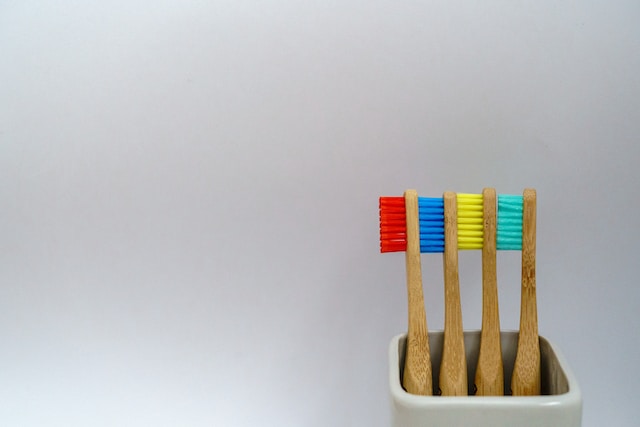
When considering a dental crown for tooth reconstruction, it's common to expect dental insurance to cover a portion of the cost. However, this isn't only sometimes the case.
Standard dental insurance typically covers routine services like annual cleanings, x-rays, and fillings. Coverage for additional services, especially those deemed cosmetic, is often limited. Emergency dental procedures may be an exception.
The majority of dental insurance plans typically have an annual maximum benefit, which typically ranges from $1,000 to $1,500. If a crown is medically necessary rather than cosmetic, insurance might cover around half of its cost. Opting for a more expensive crown could mean that the excess cost won't be covered, leaving you to pay the difference out-of-pocket.
Without insurance, the average cost of a crown ranges from $1,093 to $1,430. With insurance, your out-of-pocket expense can vary from $282 to $1,875.
Fortunately, many dental practices offer payment plans, allowing patients to spread the cost of a crown over time. Discussing financing options with your dentist can provide a more manageable approach to handling these expenses.
Comparing Dental Crown Costs With and Without Insurance
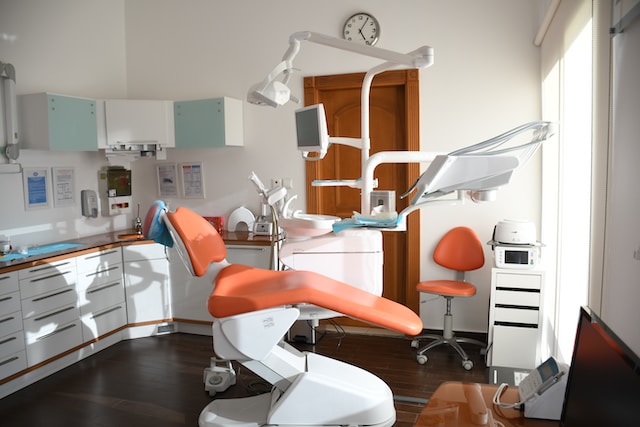
Understanding the cost of dental crowns can be complex, especially when considering the variations with and without insurance. Here's a breakdown to help clarify:
Key Points:
- Insurance Coverage: Dental insurance often covers part of the crown cost if it's medically necessary.
- Cosmetic Exclusions: Procedures deemed cosmetic, including some crowns, are typically not covered by insurance.
Cost Breakdown Table:
| Expense Category | Cost With Insurance | Cost Without Insurance |
|---|---|---|
| Average Crown Cost | $282 to $1,875 | $1,093 to $1,430 |
| Initial Consultation | Often covered | $50 to $200 |
| X-rays | Partially/fully covered | $20 to $250 |
| Additional Procedures | Varies with plan | Additional cost per procedure |
| Annual Maximum Coverage | Up to $1,500 (average) | Not applicable |
Additional Considerations:
- Material Choice: The type of material chosen for the crown affects the overall cost.
- Dentist's Fee: A dentist's experience and location influence the price.
Discussing with your dentist and reviewing your insurance plan details will give you a clearer picture of the actual costs involved in getting a dental crown.
Navigating Dental Insurance Policies for Crown Coverage
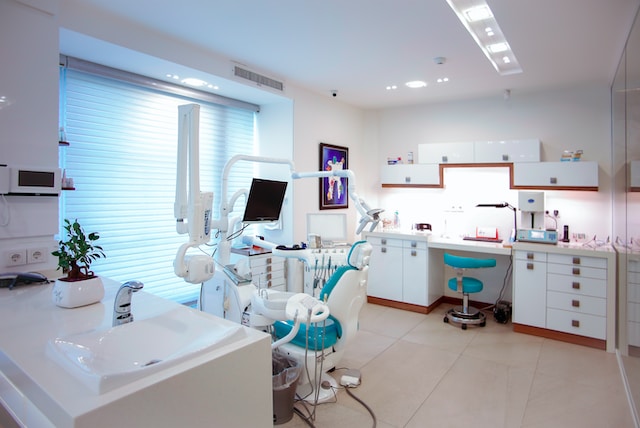
Understanding and effectively managing the expenses tied to dental crowns requires skillfully navigating the complexities of dental insurance policies. It's essential to thoroughly review your insurance policy to grasp what is covered and what isn't. Many insurance plans categorize dental crowns as a major procedure, potentially covering a significant portion of the cost, but this largely depends on the reason for the crown—whether it's for restorative or cosmetic purposes.
It's also important to be aware of your plan's deductible, co-payments, and annual maximum benefits, as these will directly affect your out-of-pocket expenses. In cases where the insurance covers only a part of the cost or if specific materials are preferred but not covered, patients may need to consider supplementary financing options. Proactively discussing these details with your insurance provider and the dentist can help in making informed decisions, ensuring that you receive the necessary dental care without unforeseen financial burdens.
Evaluating the Long-Term Value of Quality Dental Crowns
When assessing the cost of dental crowns, it's important to consider their long-term value and impact on overall dental health. Choosing a cheaper crown might appear financially beneficial in the short run, but it could result in added expenses and complications down the road. High-quality materials, while more costly upfront, tend to last longer and offer better functionality and aesthetic appeal. This not only ensures the longevity of the crown but also protects the underlying tooth from further damage.
Moreover, the expertise of the dentist and the dental technician plays a crucial role in the success of the crown. Seasoned experts may have higher fees, but their expertise can lead to a better-fitting, longer-lasting crown, which lowers the chances of needing future repairs or replacements.
It's also worth considering the impact of a well-made crown on your overall quality of life. Having a crown that fits comfortably and appears natural can enhance your self-assurance and help you avoid the discomfort often linked to ill-fitting dental work.
In summary, while the initial investment for a high-quality dental crown is higher, the benefits in terms of durability, appearance, and overall oral health make it a cost-effective choice in the long run. Patients should weigh these factors carefully and discuss them with their dentist to make the most informed decision possible.
Frequently Asked Questions:
What are the most common materials used for dental crowns?
- The most common materials include porcelain, ceramic, metal alloys, and gold. Each material varies in cost, durability, and aesthetic appeal.
Does dental insurance typically cover the cost of dental crowns?
- Dental insurance typically provides coverage for a portion of dental crown expenses, especially when they are considered medically necessary. However, coverage for crowns sought for cosmetic reasons is rare.
How much can I expect to pay for a dental crown without insurance?
- The cost of a dental crown without insurance typically ranges from $1,093 to $1,430, depending on the material and complexity of the procedure.
Are there any payment plans available for dental crown procedures?
- Numerous dental practices provide payment plans or financing choices, particularly for individuals lacking insurance or requiring support with covering out-of-pocket costs.
How do I know if a dental crown is medically necessary or just cosmetic?
- A dental crown is considered medically necessary when it's used to restore the function and integrity of a damaged tooth. Your dentist can help determine the necessity based on your specific dental condition.
Related Topics: Insurance
Related Articles:
- Insurance Jargon Demystified: Key Terms You Need to Know
- Insurance 101 a Beginners Guide
- Assurant Renters Insurance: Why It's a Smart Choice for Tenants
- Top 5 and Affordable Bass Boat Insurance Options
- How Often Do Insurance Companies Inspect Homes
- Levi Molini aaa Insurance